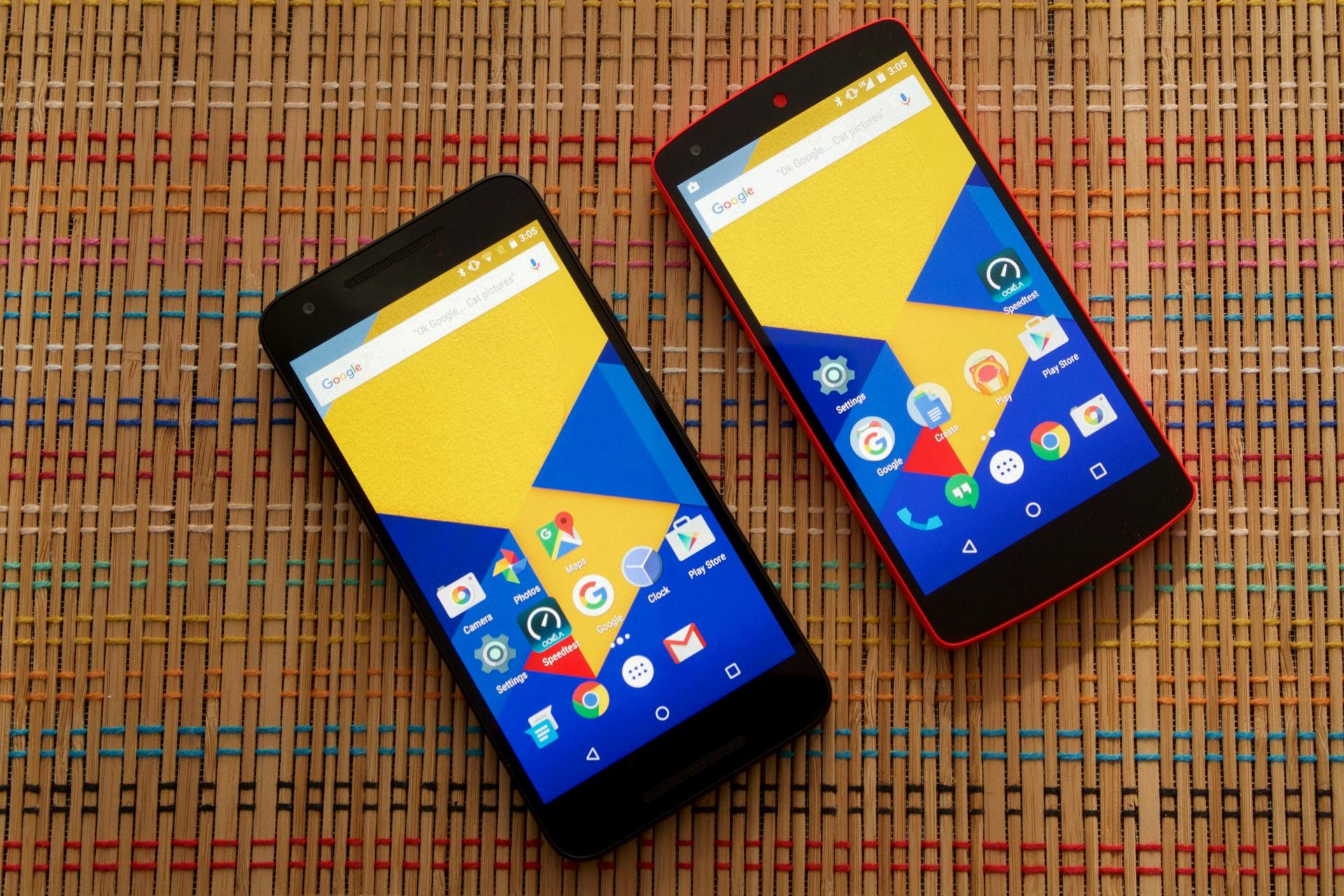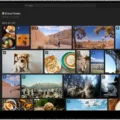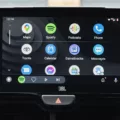Android 7, also known as Nougat, has been around for quite some time now. However, the support for this version of the Android operating system is gradually coming to an end. As of November 2023, Android 11 has become the oldest still-supported version of Android, with Android 7 accounting for a mere 17 percent of the overall market share.
With the release of Android 11, the focus has shifted towards providing updates and fixes for newer versions of the operating system. This means that there will be no further software fixes rolled out specifically for Android 7 devices. While new device registrations on Android 7 may still work for now, they are likely to be blocked in releases beyond the first Android 11 update.
It is important to note that the end of support for Android 7 does not mean that your device will stop functioning altogether. However, it does mean that you will no longer receive security updates or software enhancements that are crucial for maintaining the optimal performance and security of your device.
If you are currently using an Android 7 device, it might be a good idea to consider upgrading to a newer version of Android. This will ensure that you continue to receive the latest security patches and feature updates, as well as access to newer apps and services that may not be compatible with older versions of the operating system.
To upgrade from Android 7 to a newer version, you can check if your device is eligible for an upgrade to Android 8.0, also known as Oreo. If an upgrade is available, you can simply follow the over-the-air (OTA) update process to update your device. However, before you proceed with the update, it is always recommended to backup your personal data and important files to avoid any potential loss during the update process.
While Android 7 may still be functional on your device, it is no longer receiving software fixes and security updates. To ensure the best performance and security for your device, it is advisable to consider upgrading to a newer version of Android.
How Much Longer Will Android 7 Be Supported?
Android 7, also known as Android Nougat, is reaching the end of its supported life cycle. Google has announced that there will be no further software fixes or updates rolled out specifically for Android 7.x. This means that users on Android 7 may not receive any future security patches or feature enhancements.
However, it’s important to note that existing devices running Android 7.x may still continue to work and receive certain updates from app developers. But as newer versions of Android are released, the focus will shift towards supporting those versions, and compatibility with Android 7 may not be guaranteed.
It’s also worth mentioning that new device registrations on Android devices running 7.x may be blocked in future releases beyond the first release after this announcement. This means that if you have an Android device running Android 7, you may still be able to use it for now, but it’s recommended to consider upgrading to a newer Android version for better security and compatibility with the latest apps and features.
To summarize, Android 7 is no longer actively supported by Google, and while existing devices may still work, it’s advisable to upgrade to a newer Android version for continued support and compatibility.

What Is The Oldest Android Phone Still Supported?
The oldest Android phone still supported is the Google Pixel 2, which was released in October 2017. It received the Android 11 update and is expected to receive security patches until October 2022. The Pixel 2 was a flagship device and has been known for its reliable software updates and support from Google. Despite being several years old, it continues to receive regular updates, making it one of the longest-supported Android phones. It is important to note that the length of support can vary depending on the manufacturer and model of the phone.
Can Android 7 Be Upgraded?
Android 7 can be upgraded to Android 8.0. This upgrade can be done through OTA (Over-the-Air) update. However, it is important to note that not all devices are immediately eligible for the upgrade. If your device is compatible and the upgrade is available, you can follow these steps to update your Android 7 to Android 8.0:
1. Before starting the upgrade process, it is highly recommended to backup all your personal data and important files. This will ensure that you don’t lose any important information during the update.
2. Once you have backed up your data, make sure your device is connected to a stable Wi-Fi network. This is important because the update files can be quite large and may consume a significant amount of mobile data if downloaded over a cellular network.
3. Go to the “Settings” menu on your Android device and scroll down to find the “System” or “About Phone” option. Tap on it to open the system settings.
4. In the system settings, look for an option called “Software Update” or “System Update.” The exact name may vary depending on your device manufacturer and the version of Android you are currently running.
5. Tap on the “Software Update” or “System Update” option, and a new screen will appear showing the available updates. If Android 8.0 (or any newer version) is available for your device, you should see it listed here.
6. Tap on the update option and follow the on-screen instructions to initiate the download and installation process. Make sure your device is connected to a power source during this process to avoid any interruptions.
7. Once the update is completed, your device will restart, and you will be running Android 8.0.
It is important to note that the availability of the Android 8.0 update may vary depending on the device manufacturer, carrier restrictions, and other factors. Some older devices may not be eligible for the update due to hardware limitations or software compatibility issues. Therefore, it is always recommended to check with your device manufacturer or carrier for specific information regarding the availability of the Android 8.0 upgrade for your device.
Conclusion
Android 7 (Nougat) is no longer officially supported by Google. This means that there will be no further software fixes or security updates released for devices running this version of the Android OS. While new device registrations on Android 7 may still work for now, they are likely to be blocked in future releases beyond Android 11.
As of November 2023, Android 11 is the oldest still-supported Android version, with Android 7 accounting for only a 17% share of the Android OS. This indicates that most users have already moved on to newer versions of Android.
If you are currently using Android 7 and wish to continue receiving software updates and security patches, it is recommended to upgrade to a newer version of the Android OS. Upgrading to Android 8.0 (Oreo) or higher will provide you with the latest features and improvements, as well as ensure that your device remains secure.
Before starting the upgrade process, remember to backup your personal data and important files to prevent any loss of information. This will also allow for a smooth transition to the new Android version without any data loss.
While Android 7 may still be functional for now, it is not recommended to rely on it for long-term usage. Upgrading to a newer Android version will offer a better user experience and enhanced security.








